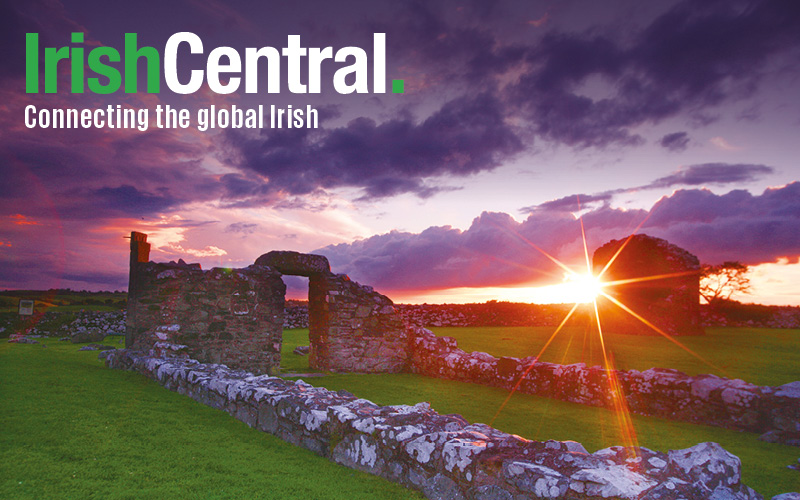Gerry Adams' thoughts on a united Ireland, from the Sinn Fein conference in N.Y.: Click here
Niall O'Dowd: Game plan for a united Ireland: Click here
Photo gallery of the Sinn Fein conference: Click here
Professor Brendan O’Leary has advised the Iraqi government on its constitution. He has advised the UN. He has been part of the Northern Irish Peace Process, and his most recent book, published in 2009, is called, “How to Get out of Iraq with Integrity.”
He’s someone worth listening to, so when he suggests creating a federal Ireland, we should listen closely.
“Many people see a united Ireland as unitary, with Northern Ireland absolved into the South,” he said, speaking at the Sinn Fein conference in the Hilton on Saturday. “But there are practical reasons for a federal Ireland, with Northern Ireland remaining a political unit.”
Practicality is the name of O’Leary’s game, and he added that a united Ireland in any form would need “extensive and detailed constitutional negotiations.”
For O’Leary, this is a worthy goal, as long as it’s achieved through peaceful means, but politicians have many questions to solve beforehand.
“The long separation from the South has built a distinctly Northern Irish identity,” he explained, which makes the federal idea more plausible. Almost 90 years of partition has created differences between North and South.
Within the North, activists must win over many Unionists and Protestants, and convert them to the notion of a united Ireland. Persuasion will be key.
Charlie Lord, from Belfast, liked O’Leary’s idea but thought some people might find it hard to accept. “His contribution was helpful, not rhetoric,” Lord said.
“It was the practical questions that need to be discussed. But a lot of people would not be comfortable with his comments on a different Northern Irish identity; they feel they’re Irish.”
“Federalism is not a new idea,” said Dr. Christine Kinealy, a historian at Drew University in New Jersey. “Maybe the Protestants need to be given reassurance, but I’d prefer not to have that intermediary stage. In the long-term it would probably create the same problems as partition.”
As well as winning over Protestants, those desirous of a united Ireland will have to win over newcomers to the North – Polish Catholics holding British passports, for example.
But the Republic’s reduced religiosity means that Northern Irish Protestants need no longer worry that “home rule will be Rome rule.”
It’s even possible that Scotland will break from Britain before Northern Ireland does, O’Leary suggested, and that too would change the perceptions Northern Ireland Unionists.
Still, a united Ireland is not definite. “It’s desirable, but I don’t think it’s inevitable,” O’Leary said.




Comments